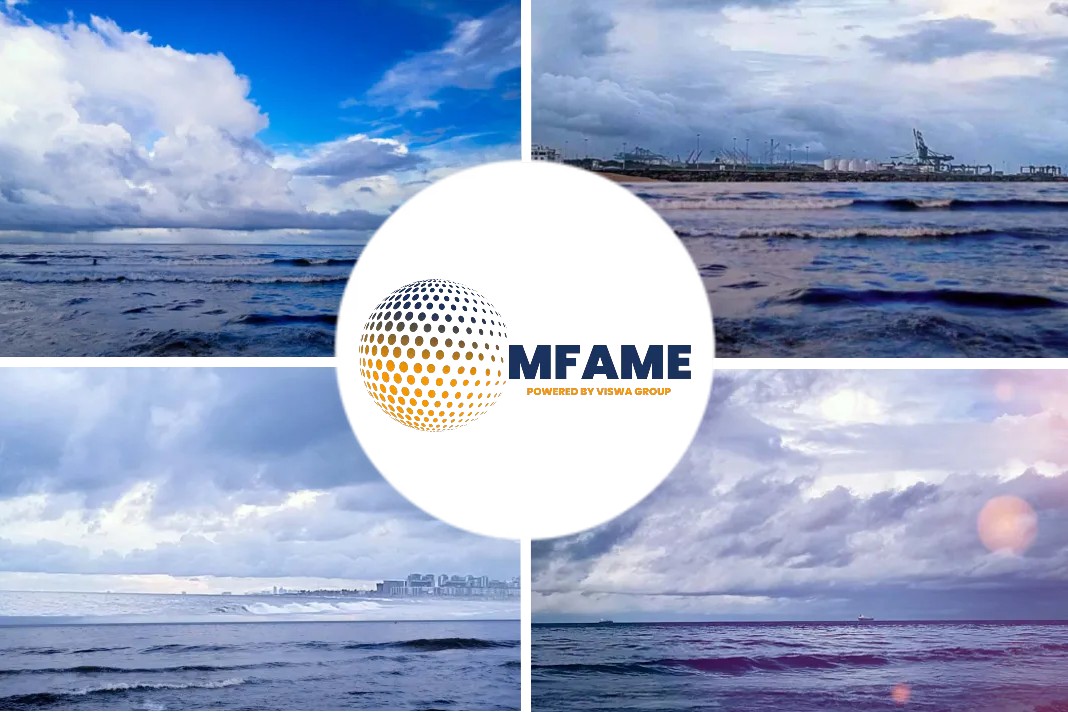- If the data does not follow the goods, sustainability impacts will be ignored.
- The fact that most of the commodities are treated undifferentiated, without taking such sustainability impacts into consideration, prevents the market from showing strong demand signals for responsible products.
- Addressing the root cause of this problem requires transparency.
Responsible mineral supply chains will transform industries, save the environment, and promote environmental justice, as reported by RMI.
Blood diamond
Investigative journalism led by Dionne Searcy and Eric Lipton unmasked the human rights violations and ecosystem damage hidden in supply chains.
They focused on the cobalt used in electric vehicle batteries, which they deemed the “blood diamond of the energy transition.”
The truth is cobalt is only one of many examples of a critical mineral with critical context.
Yet, each of these supply chains has an environmental and social footprint that goes unmeasured and often undetected.
In particular, bringing transparency and traceability to the supply chains of critical minerals is fundamental to making sure that climate action doesn’t come with the collateral damage of community and ecosystem destruction.
An Ancient Solution Is Causing Modern Problems
The ancient Sumerians found it useful to structure trade around commodities — that is, undifferentiated goods — at least 6,000 years ago.
The goods that change hands at the London Metals Exchange under standard contracts might all look similar, but they are extracted from different mines, by people with different labour rights, using different technologies, and thus impact the environment and local communities in significantly different ways.
For example, 80% of companies in the United States are unable to declare that their products are conflict-free.
If the data does not follow the goods, sustainability impacts will be ignored.
However, mining is also often associated with negative sustainability impacts.
Most recently, the Brumadinho and Mariana mining disasters in Brazil killed more than 270 people and threatened the livelihoods of those depending on natural resources in the area.
The observed systematic issues related to mineral commodities will persist until clear product-level information is able to travel with the goods from mine to market.
Addressing the root cause of this problem requires transparency.
Transparency is not impossible, and some progress has been made since the Dodd-Frank Reform of 2010 for some minerals.
For example, Swiss watchmaker Breitling recently launched the Super Chronomat 38 Origins, its first watch where all precious materials can be traced back to their source.
Steps Toward a Paradigm Shift
Connecting and bolstering systems that support traceability and lead to commodity differentiation are necessary for effective action to address sustainability concerns. A paradigm change toward commodity differentiation at scale needs to be sparked by five critical steps, as we explain in the study Supply Chain Traceability: Looking Beyond Greenhouse Gases:
- Strengthen and use product-level standards
- Deploy tracking and auditing technology at a scale to enable seamless traceability
- Aggregate demand with buyers’ alliances
- Rally investors with investors’ alliances
- Tighten regulations and leverage public procurement
Chain of custody
Each of these shifts is oriented toward the common goal of mine-to-market traceability of all the relevant supply chain impacts.
This requires one overarching principle related to tracking how the information travels with goods throughout the mineral supply chain — known as a chain of custody.
There is a difference between damages that can be offset, for example, greenhouse gas emissions, and damages that are not fungible (e.g., they cannot be compensated elsewhere, as child labour).
A holistic system tracking responsible attributes is necessary to ensure that the race to reduce global greenhouse gas emissions does not result in a new wave of human rights violations and ecosystem damage.
If the global ecosystem is investing in the energy transition to positively impact the world, key stakeholders need to ensure that it is done in the right way.
The Way Forward
The majority of businesses still struggle with mine-to-market traceability, but leaders are demonstrating that it is possible. RMI is here to offer advice and direct businesses in the right direction. It will take the participation of many different parties to change the current state of mineral traceability on a large scale. It will call for the implementation of cutting-edge tracking techniques, the strengthening of a chain of custody rules, and the integration of current sustainability performance standards. Starting with steel and aluminium, RMI plans to lay up a roadmap outlining the future with deadlines and methods for standardising product performance. It will take more money to make the shift to differentiated commodities, but it is the only option to move forward with the energy transition without ignoring responsible qualities and ensuring a just future for everyone.
Did you subscribe to our newsletter?
It’s free! Click here to subscribe!
Source: RMI






















